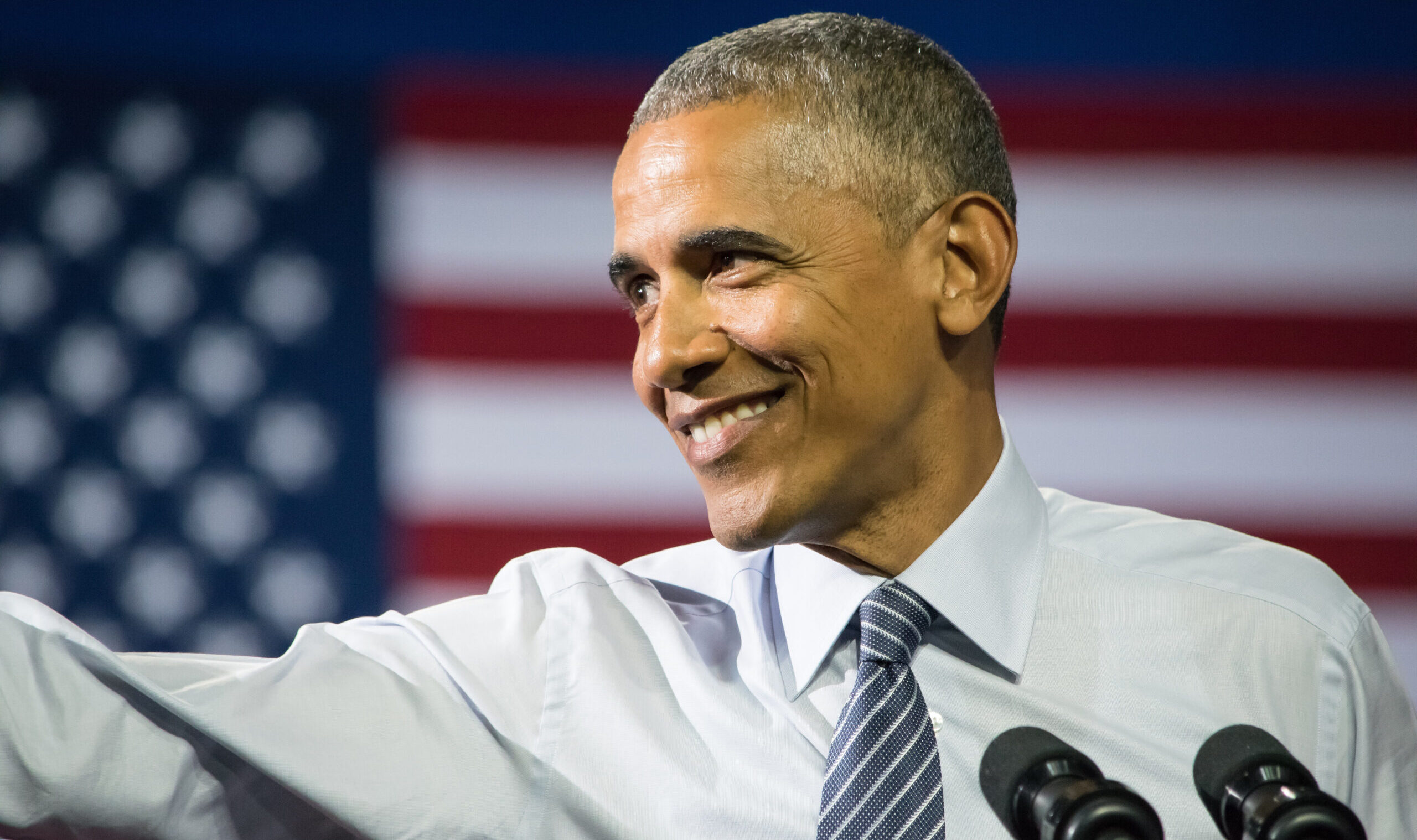Barack Obama Would Be Perfect for Harvard, Actually
State of the Union: Harvard tends to overcorrect when it gets rid of a president.

When Harvard University gets rid of a president, it has a tendency in its choice of successor to swing the pendulum too far in the other direction. If that pattern holds, Barack Obama could, unironically, be the perfect choice to succeed Claudine Gay.
Neil Rudenstine was president of Harvard from 1991 to 2001. The son of a Jewish prison guard and an Italian Catholic waitress, he grew to be a gentle English professor with an oddly thin scholarly output. He may have had the paltriest resume of any Harvard president before Claudine Gay; like her, he had not authored a single book.
His main vocation was fundraising. He threw himself into it “with an enthusiasm that couldn’t have been faked,” according to journalist Richard Bradley in his excellent book Harvard Rules: Lawrence Summers and the Battle for the World’s Most Powerful University. The problem was that he liked asking rich people for money a little too much. “His wet-noodle handshake, the ease of his bended knee,” according to Bradley, came across as ingratiating and weak.
In 1994, Rudenstine suffered a mental breakdown and disappeared for three months. After ten years under a president whom Newsweek described as “a frail Renaissance scholar,” Harvard decided it needed someone tougher. So it picked Larry Summers.
Unlike Rudenstine, Summers was self-assured—too much so. He alienated practically every liberal constituency with his impolitic remarks and refusal to pander. When comments about the underrepresentation of women in hard sciences made headlines, every faction he had crossed leapt at the opportunity to get rid of him.
It was assumed by everyone that the president after Summers had to be a woman, just as it was assumed when Lawrence Bacow stepped down that his successor had to be a racial minority. Drew Gilpin Faust, the female hire, was fine. Claudine Gay was not.
Gay lost her job because of her disastrous congressional testimony on antisemitism and because of the plagiarism allegations, but her real problems ran deeper. As dean of the Faculty of Arts & Sciences, she had used the pretext of “diversity, equity, and inclusion” to build a personal empire within the Harvard administration, as Chris Rufo explained in City Journal. Lacking the authority that comes with personal charisma or intellectual accomplishment, she had to build a power base using patronage, and she protected it zealously.
The thing that struck me most, back when her appointment was first announced, was how few people were willing to state the obvious about how intellectually unimpressive this woman was. I saw one article about it, and that was it. Why? Racial taboos were part of it, but I also detected an unmistakable sense of fear. I wondered, is Gay known by everyone in academia as a vindictive and petty person whom you crossed at your own peril? Sohrab Ahmari offered evidence to that effect here at TAC.
Barack Obama does not have that problem. He doesn’t need to be paranoid about shoring up his internal power base. His power base is external and untouchable. He doesn’t need to protect an army of loyalists; everyone at Harvard is an Obama loyalist by default.
Subscribe Today
Get daily emails in your inbox
He has something else, too. Think back to Rudenstine. His problem was that he was too much of a striver, too insecure. But every meritocrat is like that. It’s the type of person the system selects.
Not Obama. He is, in his own way, aristocratic. He has the effortless ease of a person to whom everything in life has come easily. He has had a charmed career dating back to his time at Harvard Law when his peers already assumed he would be president of the United States someday. He does not have to worry about what he will be doing for his next job.
The advantage of aristocrats is that they can say no to people. They can be relaxed. They don’t have the anxiety that characterizes everyone in a meritocratic system, the winners as much as the losers. In that sense, appointing Barack Obama president of Harvard would be a return to the institution’s ancient roots.